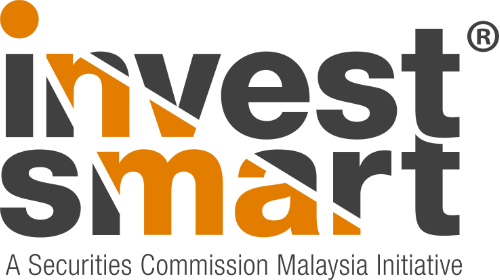Introduction to Derivatives
- Home
- /
- Learning zone
- /
- Learn about Capital Market...
- /
- Introduction to Derivatives
INTRODUCTION TO DERIVATIVES
Derivatives are financial instruments used to manage a person’s exposure to volatile markets. A derivative product’s value depends upon and is derived from an underlying instrument, such as commodities, interest rates, indices or stocks.
In other words, a derivative is a financial contract with a value linked to the expected future price movements of the underlying asset it is linked to. Derivatives are used as a tool for hedging, speculating and arbitraging.
Futures and options are essentially elementary derivative products mostly traded on exchanges. A futures contract is an agreement between two parties to buy or sell the underlying instrument at a specific time in the future at a specific price determined today.
An option however, provides the holder/buyer the right, but not the obligation, to purchase or sell a certain quantity of the underlying instrument at a stipulated price within a specific time period by paying a premium.
Type of Derivatives Available in Bursa Malaysia
Exchange-Traded (ETD)
Contracts that are traded on derivatives exchanges.
Contracts traded are standardized as defined by the exchange.
Derivatives exchange acts as a counter-party to all contracts.
Over-the-Counter (OTC)
Contracts that are privately negotiated and traded directly between two parties.
The OTC market is the largest market for derivatives.
Is Investing in Derivatives Right for You?
| Are you a…? | Description | Advantage or Disadvantage? | Additional Information | Risk Level |
|---|---|---|---|---|
| HEDGER | Individuals and firms who trade in the futures market purely to establish a known price level in advance. The reason for this is so that they can later buy or sell the derivative in the cash market. | They protect themselves against the risk of an unfavourable price change in the interim. | May also use futures to lock in an acceptable margin between their purchase cost and their selling price. | Investors use this strategy when they are unsure of what the market will do. Hence, a perfect hedge reduces your risk to nothing (except for the cost of the hedge). |
| SPECULATOR | Uses derivatives to acquire risk. Trades with a higher-than- average risk in return for a higher-than- average potential MARKET MAKER | Does not promise safety of the initial investment, along with the return on the principal sum. | Market makers must be compensated for the risk they take; this is why spread comes into play. | The market maker at the stock exchange takes on the risk of filling an order with his or her own company’s money. |
| MARKET MAKER | Is a company or individual that quotes both a buy and sell price for a financial instrument, hoping to make a profit on the bid-offer spread*. *spread: the difference between the ask and the buy price. | Market makers must be compensated for the risk they take; this is why spread comes into play. | The market maker at the stock exchange takes on the risk of filling an order with his or her own company’s money. | |
| ARBITRAGEUR | Attempts to profit from price inefficiencies in the market by making simultaneous trades that offset each other and capture risk-free profits | In theory true arbitrage is riskless, however, the world in which we operate offers very few of these opportunities. Despite these forms of arbitrage being somewhat risky, they are still relatively low-risk trading strategies which money managers (mainly hedge fund managers) and retail investors alike can employ. |


